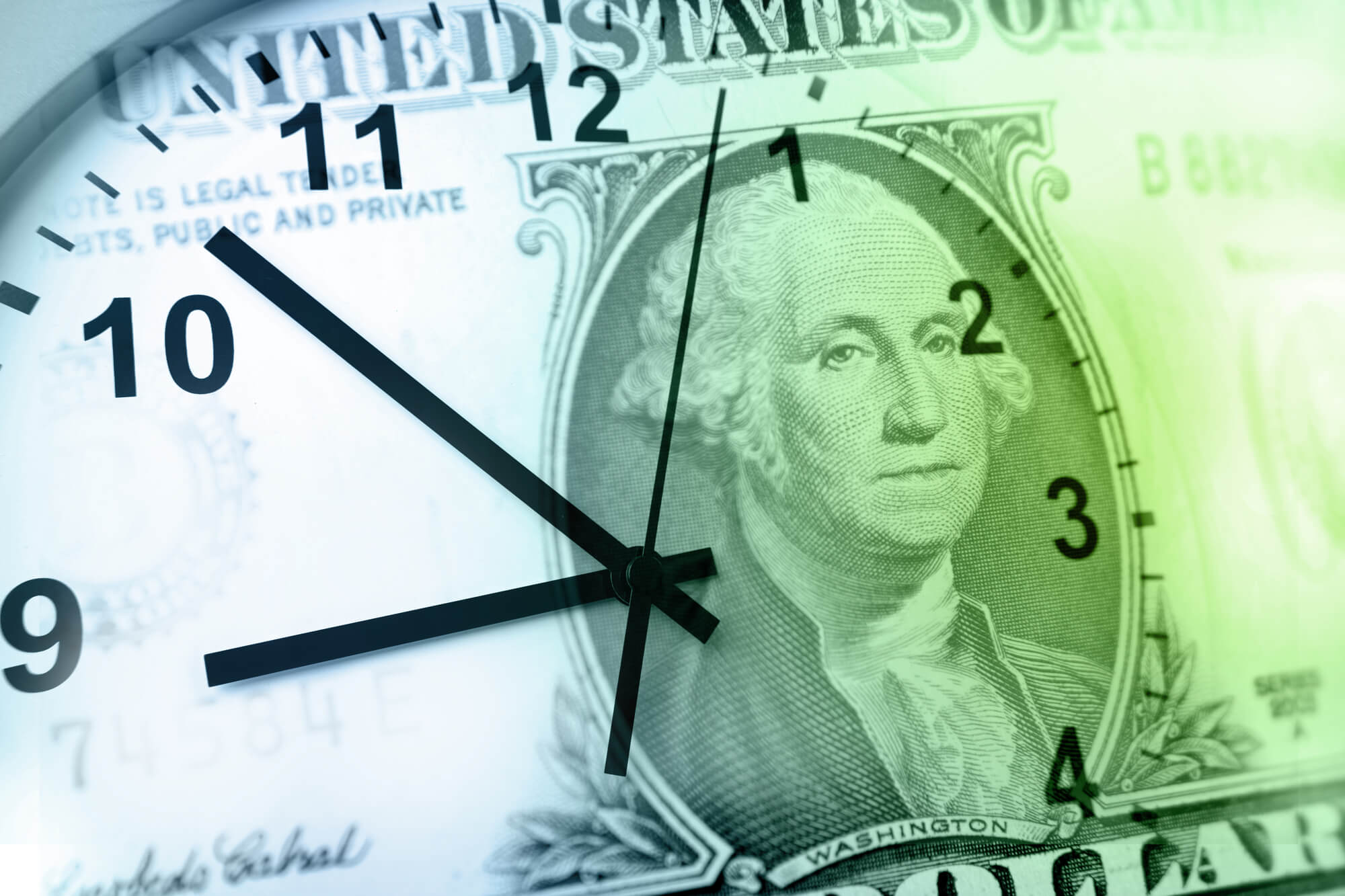It can be easy to know how much to spend on bills each week because many recurring expenses are fixed. The amount of spending money you need, however, can be a bit more ambiguous. A simple calculation can help you determine how much money you can spend on your wants each week.
The amount of spending money you need per week should be no more than 30 percent of your net monthly pay divided by four (for the four weeks of the month). You can calculate the maximum amount of spending money you have by subtracting all of your costs from your net monthly pay and evaluating the leftover money available to you. This number will vary based on your income, cost of living, and financial goals.
There are different ways you can calculate how much spending money you require each week. It doesn’t matter exactly how you come up with your weekly spending allowance, but there are a few points to consider when figuring out how much money to set aside.
How To Calculate Your Weekly Spending Money Allowance
Weekly allowances can be calculated using a variety of methods. But before you start allotting dollars and quarters into a little pink piggie bank for fun money, consider creating a budget. Budgets will help you understand and take control of all aspects of your financial life, not just weekly spending money.
The most important step to take when creating a budget (or even just creating a spending allowance, if you choose not to implement a budget) is to start tracking your current spending. Start with recording every dollar you spend for a week, then a month, and then three months to identify spending habits and other patterns in your life. While tracking your spending, take note of all of your fixed costs, including housing, transportation, food, or basic necessities like toiletries, as well as financial obligations such as debt payments. Also think about any upcoming milestones you need to save for such as trips, weddings, or school. Most importantly, reflect on how much you can pay yourself each month to set aside for retirement, emergencies, and wealth building.
After assessing both your spending habits and the regular costs you have, you can begin to create a basic budget. If you’re new to budgeting in general, check out this article on simple percentage-based budgets to help get started. No matter which method you use to create a budget, you’ll find that a certain percentage of your budget is dedicated to discretionary spending. Some common rules of thumb include spending 10 percent of your monthly net income on personal wants, spending 30 percent of your monthly net income on personal wants, or spending any money you have after making all of your payments on personal wants. Take that number and divide it by four (for the four weeks in the month) to calculate your weekly spending money allowance. As a quick example, here’s how a a $4,000 monthly income (after taxes) would work with the three approaches suggested above:
| Spending money methodology | Monthly net income | Monthly expenses | Monthly spending money | Weekly spending money |
| 10 percent spending allowance | $4,000 | $3,600 ($4,000 x 0.90) | $400 ($4,000 x 0.10) | $100 ($400 / 4) |
| 30 percent spending allowance | $4,000 | $2,800 ($4,000 x 0.70) | $1,200 ($4,000 x 0.30) | $300 ($1,200 / 4) |
| Remaining funds after making all payments | $4,000 | $3,000 (assuming a specific fixed amount, not a percentage) | $1,000 ($4,000 – $3,000) | $250 ($1,000 / 4) |
Once you determine either a percentage or dollar amount of your budget to use as your weekly spending money, you must stick with it! That means all unnecessary spending, such as dining out, sports games or other outings, video games, shopping, vacations, convenience store or gas station purchases, and other “fun” purchases must be taken from your spending allowance only.
It’s also important to understand that your weekly spending number will change. As your income and cost of living changes, the amount of money you have to spend on wants will be in flux. Reassess your budget and weekly spending allowances every few months to make changes as needed.
These aren’t the only ways to calculate your weekly spending allowance, but they are a few common methods to follow. Creating a budget and weekly spending money allotment can help you achieve financial stability.
Why Spending Money Allowances Are More Than a Good Idea
According to Jeff Kreisler, a behavioral economist, weekly spending money allowances are more that just a good idea. In an interview with Forbes, Kreisler highlighted that when a weekly spending allowance is used for financial decisions, “[i]nstead of confronting every choice as something that impacts ‘all our money,’ we reduce it down to impacting just a smaller allotment”. So if you’ve decided that $50 a week is how much you can spend on wants, and you spend $25 dining out with a friend, you can no longer spend $75 on a new sweater. You are forced to reallocate your funds based on your spending decisions. But instead of having to completely reassess how your entire monthly income has been impacted by your decision to eat out with a friend for $25, you only need to rethink your $50 allowance. Consistently adhering to a certain amount of spending money per week helps make financial matters less overwhelming.
Strategies To Spend Less on Wants and Reduce Spending Allowance
If you’ve committed to a certain amount of spending money per week, but are worried about exceeding that number, think about strategies you can use to reduce the amount you spend on wants. For instance, if you’re planning to give yourself a $50 per week spending allowance, take that amount out in cash or prepaid debit card. Once the money is gone, there isn’t anything left to spend! Additionally, kiss impulse buying goodbye by premeditating purchases you are considering. Look at the item in person or online, read reviews, check out competitor products, think about how it would bring joy to your life, and finally, wait 30 days to make the purchase following the 30-day rule. By making purchases more tangible and placing some purchases on hold, you can eliminate the amount of money you spend on unncessary things.
Conclusion
By understanding your own needs and wants, as well as tracking the money you spend, you can create a formula to calculate just how much spending money you need per week. With a little flexibility, you can even reduce that number over time and become a more conscious consumer (with more left over to invest in yourself and your future).
Climb on, Finbase.
B









